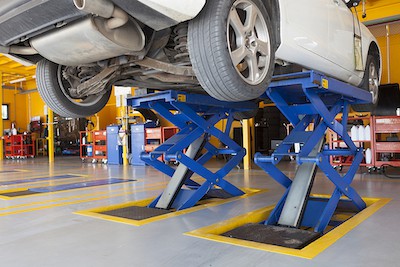
Reliable Dumbwaiter Elevators for Modern Buildings
A dumbwaiter is a compact, vertical transportation device designed for the efficient movement of goods or small items between different levels within a building. Typically used in restaurants, hotels, hospitals, and residential homes, dumbwaiters serve as a convenient solution for transporting items such as food, dishes, documents, and laundry. This technical content explores the design, construction, operation, and safety features of dumbwaiters.
The process
Design and Construction
Size and Capacity
Dumbwaiters come in various sizes and configurations to suit different applications and space constraints. They typically feature a rectangular or square-shaped compartment with dimensions ranging from around 24 inches to 36 inches in width, depth, and height. The capacity of a dumbwaiter can vary widely, from a few dozen pounds to several hundred pounds, depending on the intended use.
Construction Materials
Dumbwaiters are constructed using durable materials such as stainless steel, aluminum, or galvanized steel to withstand the rigors of daily use and maintain structural integrity. The interior surfaces of the compartment are often lined with smooth, easy-to-clean materials to ensure hygiene and facilitate maintenance.
Drive Mechanism
Dumbwaiters are powered by electric motors located within the hoistway or machinery room. The motor drives a system of cables, belts, or chains connected to a carriage or platform that moves vertically between floors. Some dumbwaiters may also incorporate hydraulic systems for smooth and controlled movement.
The process
Operation and Safety Features
Call Buttons and Controls
Dumbwaiters are equipped with call buttons and controls located on each floor to facilitate user operation. Users can select the desired floor and initiate the movement of the dumbwaiter using these controls. Some dumbwaiters may also feature automatic door opening and closing mechanisms for added convenience.
Safety Interlocks
Dumbwaiters are equipped with safety interlock systems to prevent accidents and ensure user safety. These interlocks consist of sensors and switches that detect obstructions, such as hands or objects, in the path of the dumbwaiter. If an obstruction is detected, the dumbwaiter will automatically stop or reverse direction to avoid injury or damage.
Overload Protection
To prevent damage to the dumbwaiter and ensure safe operation, overload protection systems are incorporated into the design. These systems monitor the weight of the items being transported and will prevent the dumbwaiter from moving if the load exceeds the maximum rated capacity.
The process
Maintenance and Inspection
Regular Maintenance
Dumbwaiters require regular maintenance to ensure optimal performance and reliability. Maintenance tasks may include lubricating moving parts, inspecting cables or belts for wear, and testing safety features.
Inspection and Certification
Dumbwaiters are subject to periodic inspection and certification by regulatory authorities to ensure compliance with safety standards and regulations. Inspections may include testing of safety features, load capacity, and overall structural integrity.
Conclusion
Dumbwaiters provide a convenient and efficient means of transporting goods or small items between different levels within a building

Car Lifts
In the dynamic world of automotive maintenance and storage, having the right equipment can make all the difference. Enter the revolutionary innovation of car lifts. These ingenious devices are designed to elevate both vehicles and your automotive experience to new heights. Whether you’re a professional mechanic or a passionate car enthusiast, investing in a quality car lift can transform the way you work on and store vehicles. Let’s delve into the myriad benefits and features of these essential tools

